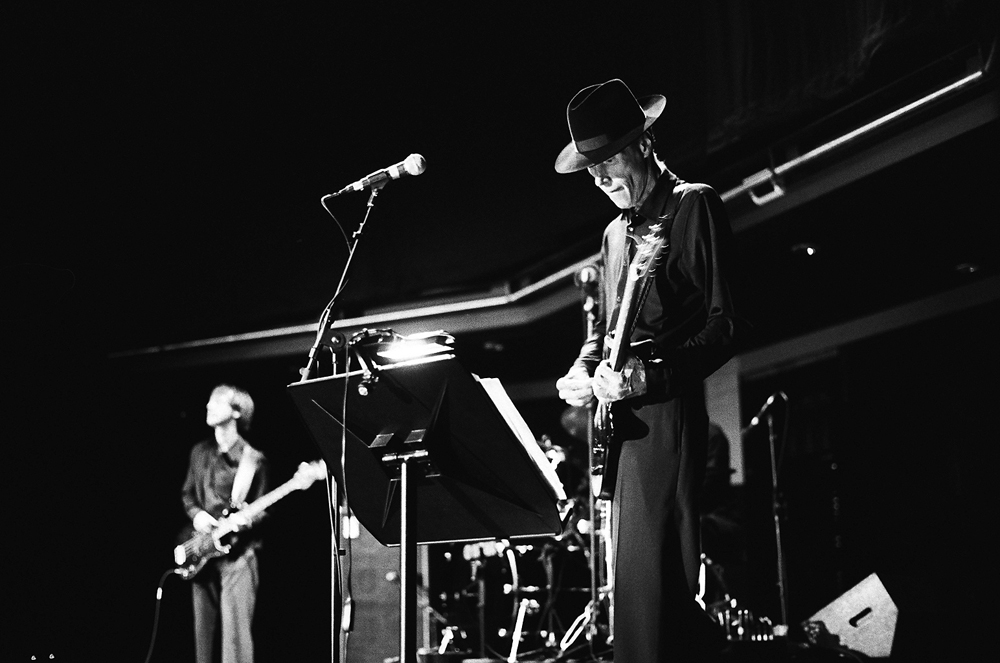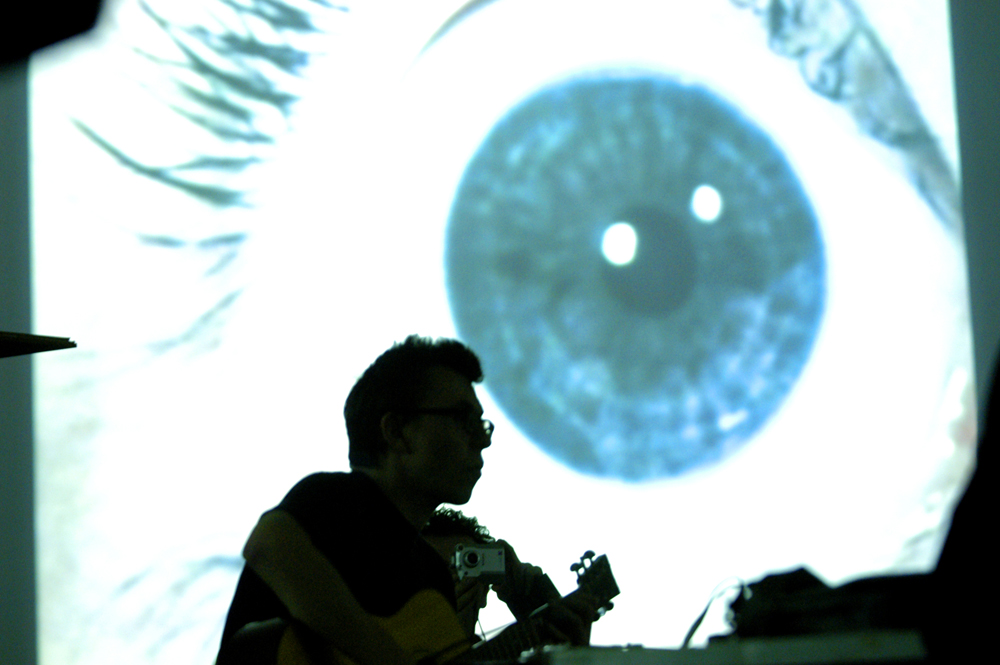
Shutter Interface
Paul Sharits
Shutter Interface is an expanded cinema piece: a series of machinegun bursts of chromatic relationships and visual harmonics in an overwhelming montage
Arika have been creating events since 2001. The Archive is space to share the documentation of our work, over 600 events from the past 20 years. Browse the archive by event, artists and collections, explore using theme pairs, or use the index for a comprehensive overview.

Shutter Interface is an expanded cinema piece: a series of machinegun bursts of chromatic relationships and visual harmonics in an overwhelming montage

Ray and Thomas talking about how cognitive neuroscience is unlocking the physical basis of personal experience.

Jandek’s second ever live performance, and the first to be advertised in advance.

Summing up of the investigations with a reflection on what has been done that week and what could be done the next.

Quasi-theatrical multiple-projector pieces play with the relationship between performers, art and audiences.

In many ways, this Episode is our attempt to engage with Fred’s incredible writing: with his proposal that all black performance (culture, politics, sexuality, identity, and blackness itself) is improvisation.

Individual experience separated by physical boundaries (of space, time or ability) suggested as communities of collective experience by (perhaps voyeuristic) artists.

Simon Morris is joined by Nick Thurston as they attempt to read aloud whilst peddling on exercise bikes.

A bodiless treatise on narration, bored speakers, audience misbehaviour and police megaphones, but: is anybody listening?

A live installation of the ‘Film Ist’: projected on 4 huge screens and an improvised soundtrack from 4 figureheads of the Austrian experimental music scene.

A joyful conversation discussing disability, gender transition and care labour as expressions of virtuosic and innovative skills that make care – good care – possible.

Our favourite Lancashire-born autodictact asks what’s political about the tension between the individual and the collective in free jazz.